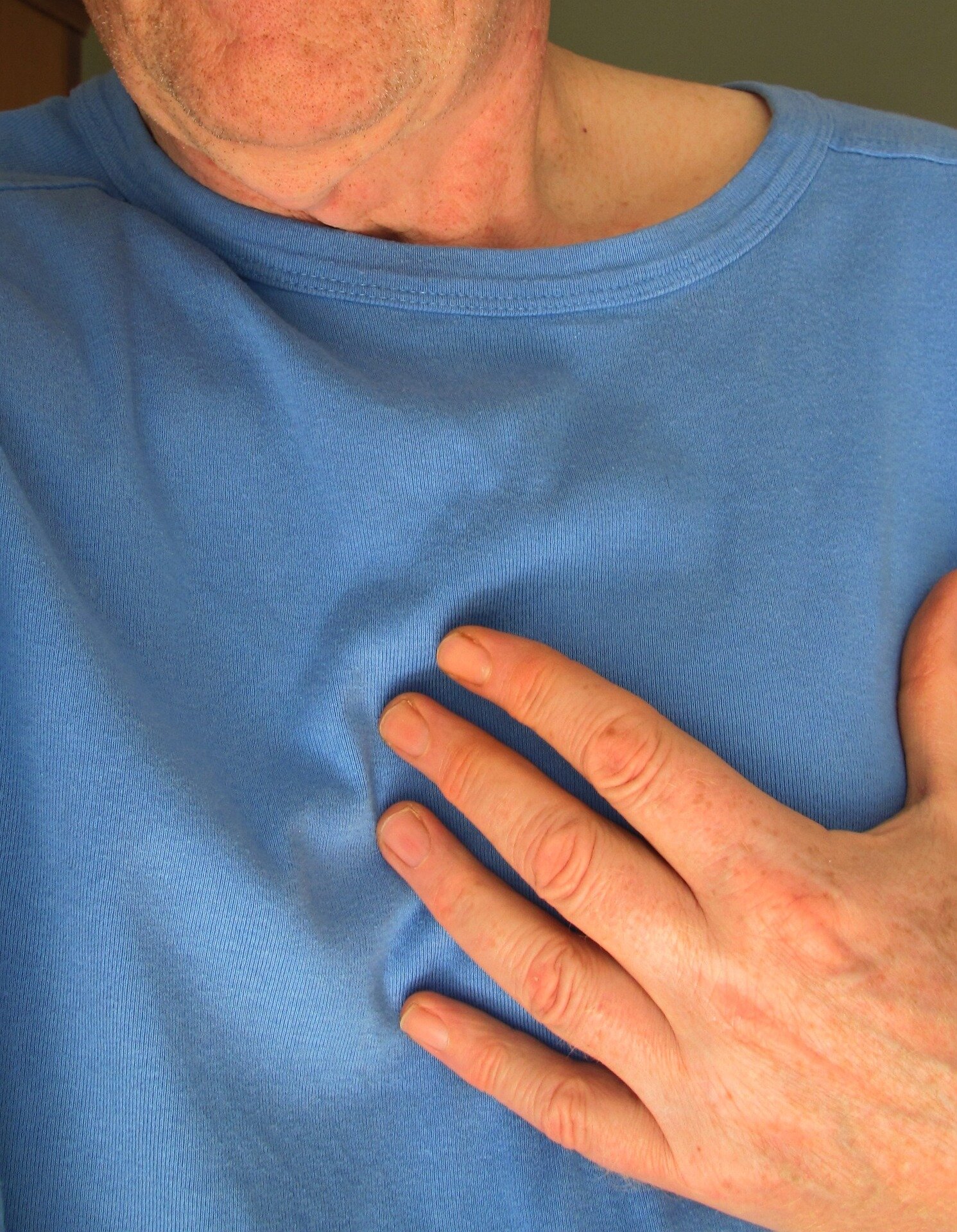People at risk from strokes and heart attacks could benefit from personalised clotting profiles to help clinicians prescribe more precise treatments, thanks to new research.
In a paper published in Blood Advances, researchers have created a test that separates people into different groups based on how their bodies respond to clotting events.
Platelets are small cells found in blood which form clots to stop or prevent bleeding, but where platelets don’t function properly this can lead to serious health conditions such as strokes and heart attacks.
The researchers from the University of Reading and University of Cambridge used samples of donated blood from human participants, treated them in a laboratory to find out how platelets in their blood responded to a range of stimulants to trigger blood clotting and developed new computer software and algorithms to analyse and classify the data.
Dr Joanne Dunster, a mathematician based in the Institute for Cardiovascular and Metabolic Research at the University of Reading said:
“This research showcases how we can better understand the individual ways that our platelets respond to events that lead to clotting, either when clotting is needed for healing, or when they shouldn’t, which is when strokes and heart attacks happen.”
The team found that there were two important and independent characteristics that the platelets displayed, the sensitivity of a response to an agent, and the strength of response. These were found to be independent characteristics and allowed donors to be classified into different groups.
As a result of the testing, the research team were able to group donors into six distinct groups which remained the same for the majority of samples after retesting two years later.
Professor Jon Gibbins, Director of the Institute of Cardiovascular and Metabolic Research at the University of Reading said:
“The next big thing in medicine is the idea of personalisation of treatments, which requires much more detailed profiles of our bodies. Heart disease and strokes are the biggest killers around the world, and millions of patients are prescribed drugs to reduce their risk of having a potentially deadly attack. Currently mostly patients are treated the same — a one size fits all approach. We hope that our new testing will allow us to predict who needs treatment and which drug to use.
“This new research is therefore really exciting as we have a framework for building a personalised clotting profile that is simple to administer and could help clinicians to prescribe more effective treatments to reduce the risks of strokes and heart disease further.”
The team are now examining the use of the test with patients with established heart disease to help pave the way to personalised medicine approaches.

